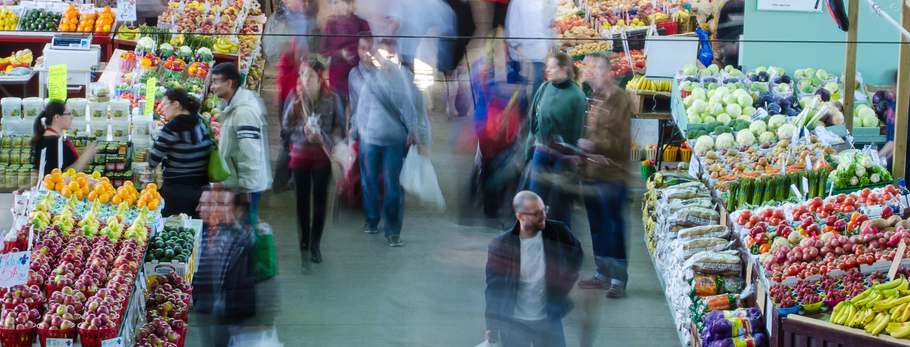It is often thought that increasing business taxes spares low income people from paying.
This thinking is wrong and gives a false impression of how businesses operate, especially the places where poor people spend most of their money.
For example, low income people spend more of their money on groceries. While grocery stores sell a lot of things, their profit margins are tiny –usually 1 percent and no more than 3 percent. Grocery store owners do not stay in business to lose money, so they must keep up at least that profit margin to justify keeping doors open.
Any increase in their cost will eat away such a tiny profit margin. This includes tax increases on the business. To keep even that small profit margin, the business has to raise prices on milk, bread, fruit and the rest. A tax hike on a grocery store gets passed directly to shoppers – low income and others – through higher prices.
The grocery store suffers too. The higher prices they must charge translates into fewer sales and less need for workers.
A similar case can be made for gas stations (profit margin of less than 2 percent) and every other non-luxury item or service that low-income taxpayers cannot avoid spending big chunks of their income.
The same is true for every other business, and every other income level. Car dealerships, nice restaurants and clothing stores all have profit margins that allow them to compete with each other and still justify being in business.
Unfortunately, when we don’t realize that all of us pay higher prices when business taxes are increased, we may be more likely to support higher taxes. Hidden business taxes trick the poor and everyone else into paying more and having less.



